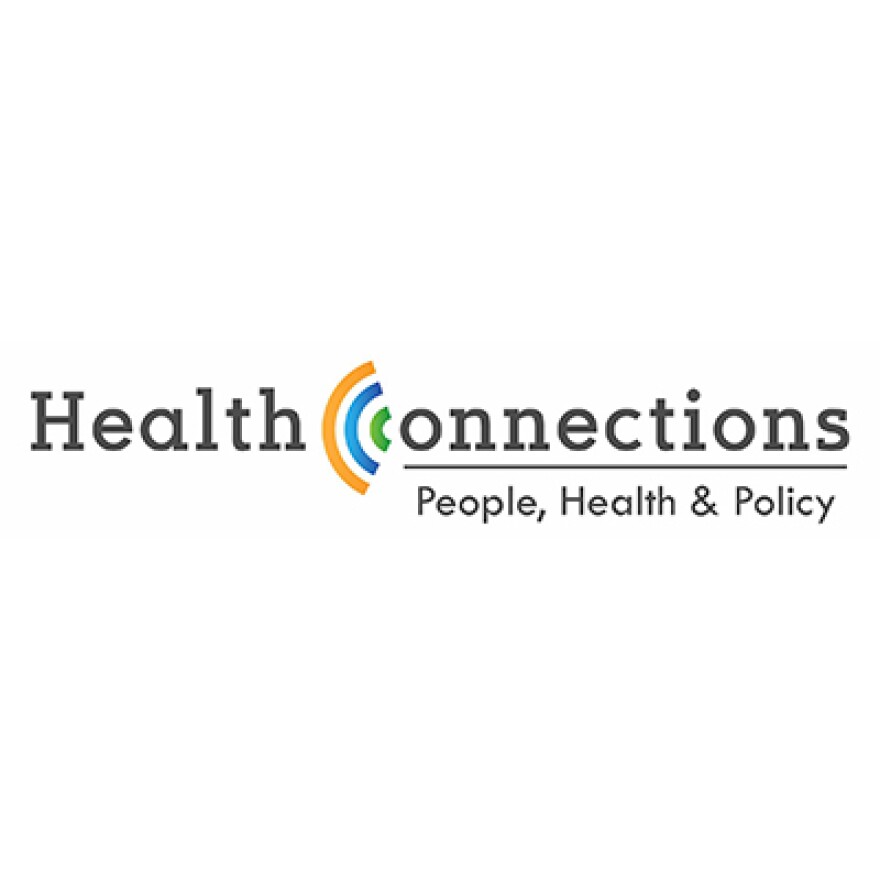This week on HealthConnections, Dr. Carole Myers, a professor emeritus in the University of Tennessee College of Nursing, discusses the possible benefits of implementing AI into the healthcare system with Dr. Robert Davis, a governor’s chair in Biomedical Informatics at the University of Tennessee Health Sciences Center and the lead scientist and director of the Precision Health and Environment Initiative created at the University of Tennessee.
WUOT’s Carole Myers: AI is not one thing. AI describes a wide range of technologies. Please describe one AI approach with an emphasis on what it means from the patient’s perspective.
Robert Davis: AI can help with workforce and access challenges that we’re currently seeing in healthcare. When people in rural areas get a diagnosis, say with cancer or one of their children have a genetic disease, there just aren’t the number of genetic counselors. So, scientists at the University of Tennessee are working on developing robots that can use artificial intelligence but can assist with the genetic counseling in remote parts of Tennessee.
Can you share with us another example?
Much of medicine in the future will take place out of hospitals or clinics. Patients now are very comfortable getting health care by Zoom and patients are also more comfortable at getting health care that’s delivered outside of the medical environment. So smart watches, for example, are a type of device that can be used to identify a severe type of rapid heart rate like atrial fibrillation, or afib, that’s what’s being done today, but in the future, we’re working on new ways of using smart watches to manage more common conditions like heart failure. Doctors can get daily readings of how well a patient’s heart is functioning, and can adjust their medications, all from the patient’s home. We can also do this with things like Parkinson’s disease. A smart watch can measure how fast you’re walking or if your gate is slowing down. This provides critical information to your physicians, who might actually be monitoring your gate to see how well their medication for Parkinson’s is working.
Can you provide an example about how AI will make health systems better and the clinicians within those systems?
We think that AI can really help hospitals and healthcare facilities deliver better health to their patients, and not only that kind of like the GPS system in your car. We could create a loop of information so that these systems get better and better over time, and so that our understanding of what our patients are doing and our ability to recommend things to them gets better and better over time. For example, we’re devising ways of using all sorts of environmental data on where people live, what their weather is like, whether their patient has transportation or not, or whether they live close to a bus route that goes to the hospital or not. We’re using AI to sift through all this kind of environmental data and to sift through all the available community resources so that we could take any specific patient and identify what they specifically need, and we can identify what kind of community resources they can get.
This transcript has been lightly edited for content.




